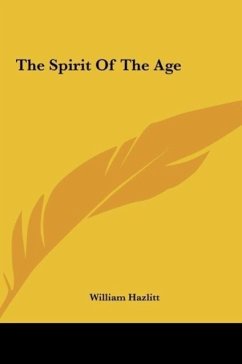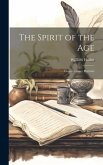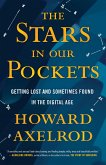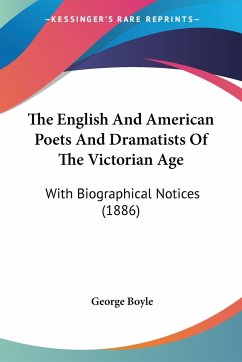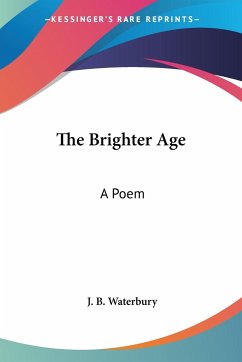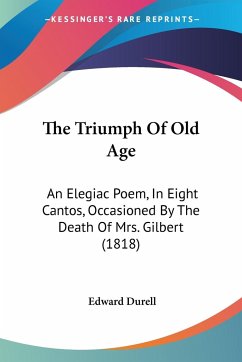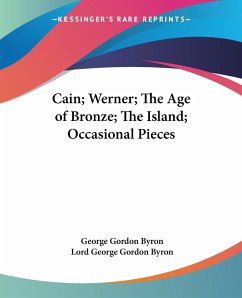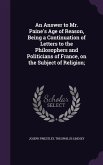Mr. Gifford has no pretensions to be thought a man of genius, of taste, or even of general knowledge. He merely understands the mechanical and instrumental part of learning. He is a critic of the last age, when the different editions of an author, or the dates of his several performances were all that occupied the inquiries of a profound scholar, and the spirit of the writer or the beauties of his style were left to shift for themselves, or exercise the fancy of the light and superficial reader. In studying an old author, he has no notion of any thing beyond adjusting a point, proposing a different reading, or correcting, by the collation of various copies, an error of the press.
Bitte wählen Sie Ihr Anliegen aus.
Rechnungen
Retourenschein anfordern
Bestellstatus
Storno

